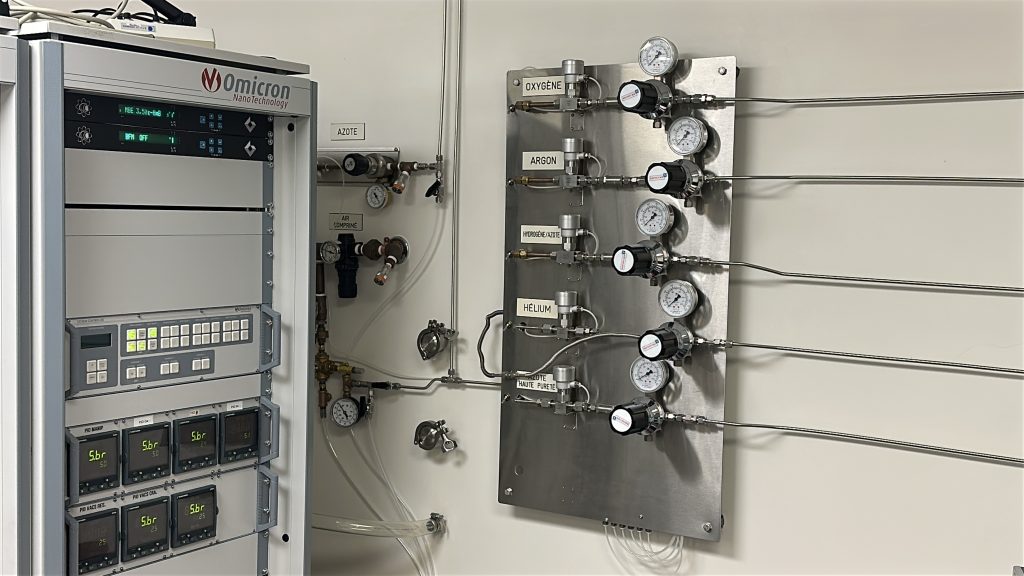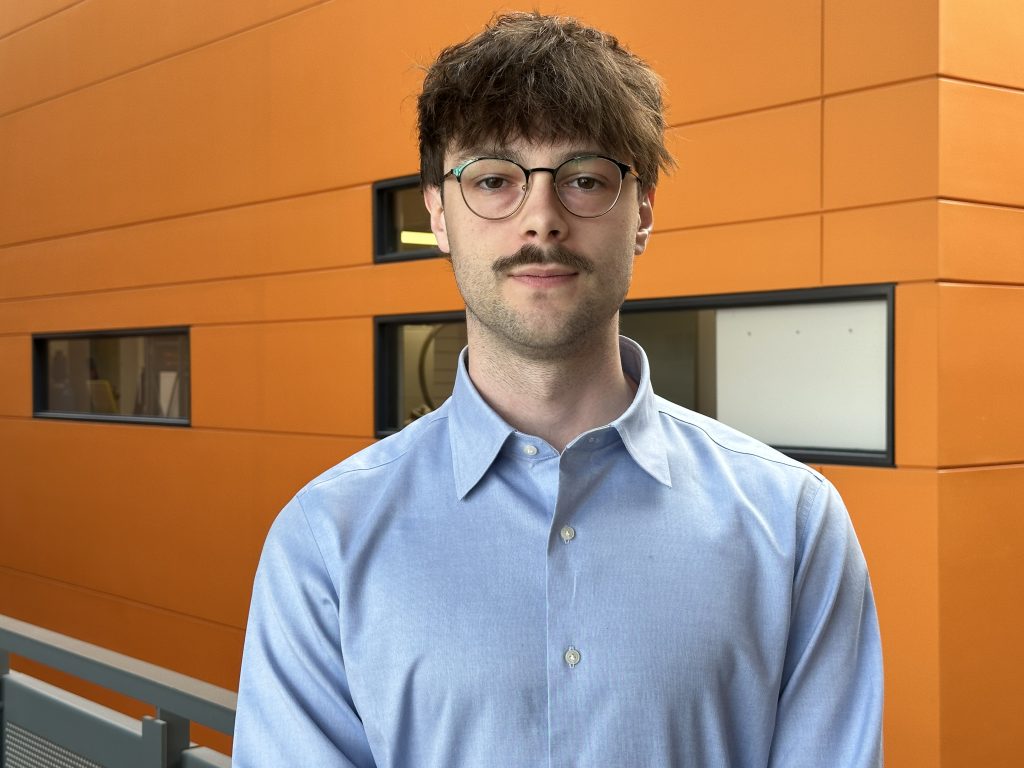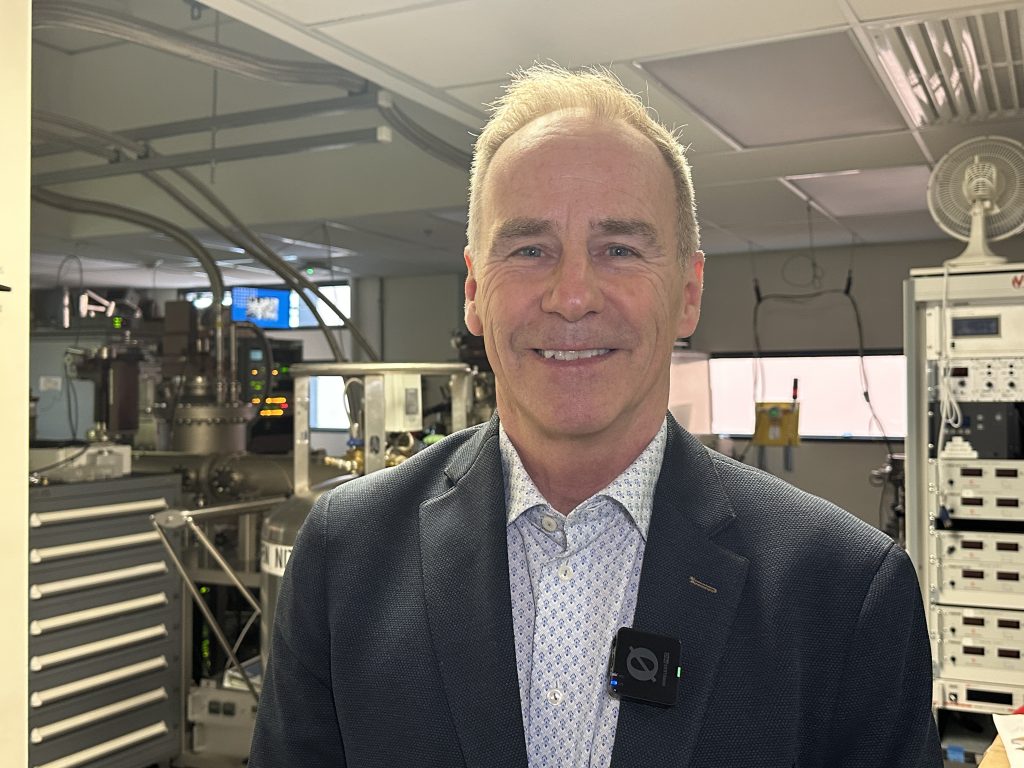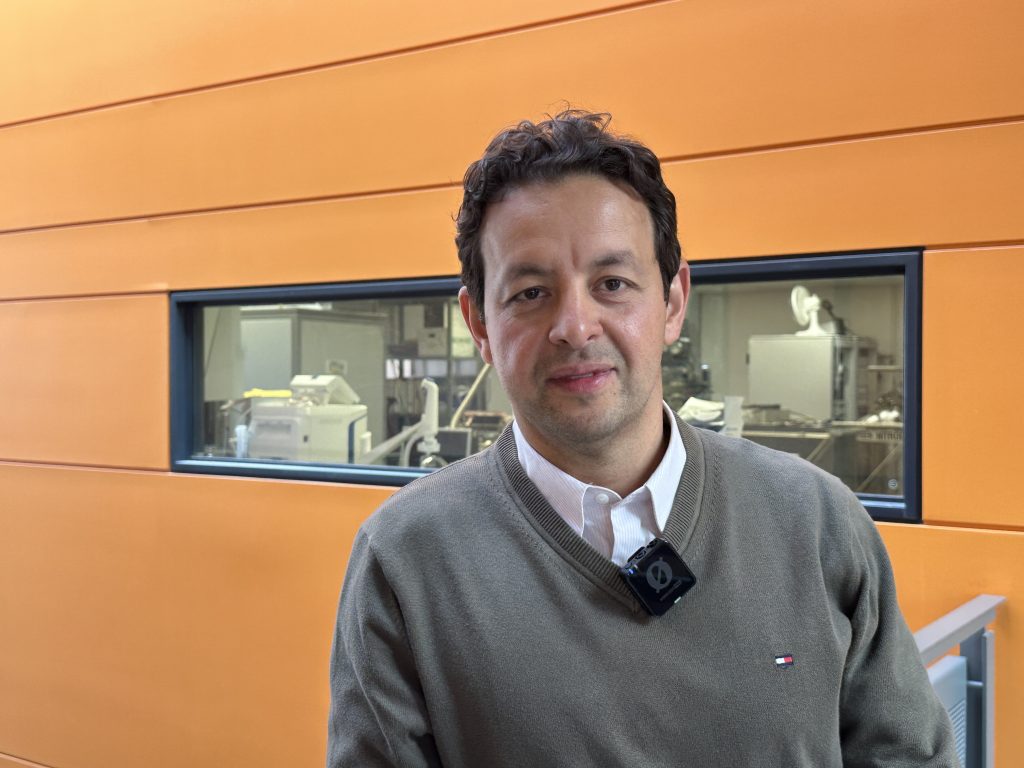Historic $50M donation to Polytechnique Montréal to create disruptive innovation hub

Posted March 28, 2025 9:29 am.
Last Updated March 28, 2025 9:58 am.
Polytechnique Montréal — the engineering school affiliated with the Université de Montréal — is receiving the largest gift in its history: a $50 million donation to establish an institute dedicated to “disruptive innovation.”
“Most of us here, we actually want to continue in research — we actually want to pursue what we’re doing, but sometimes you have to make choices,” said Nicolas Rotaru, a PHD student at Polytechnique Montréal. “So to know that we’re going to have more options, to know that we’re going to have more means, I think that’s a very good thing.”

Rotaru is working on quantum information.
“What I hope to do is be able to solve these problems to create these technologies,” said Rotaru. “I think the goal of the institute will also be to foster more calibration between the different expertise and help students even more knowing where they actually stand in their research.”
Quebec-born businessman, philanthropist, and Polytechnique graduate, Pierre Lassonde, donated the money and said it’s never been more important to invest in homegrown talent.
“I’m persuaded that it will help you pursue your mission here at Polytechnique, to accomplish your ambitious dreams, and to give Polytechnique its place in Quebec and the world,” said Lassonde said in a speech at the school earlier in March.
Lassonde believes Canada had grown used to being dependent on the U.S., a relationship that U.S. President Donald Trump has turned on its head since he took office in January.
“It was an easy relationship. Well, it isn’t anymore and we have to wake up to that,” Lassonde told The Canadian Press.
“Never waste a good crisis … this is a good crisis, so let’s do something about it,” Lassonde added. “This hopefully will kick-start something even bigger. Every single moment matters and this one matters a great deal.”
Lassonde, a Polytechnique graduate and an expert in mining and precious metals, heads the school’s board of directors, and the family name already adorns a number of pavilions at the institutionthanks to previous donations.
The engineering school described the $50 million as the largest gift in its history.
“It Took us a few months to really decide on what we would do,” said François Bertrand, the Director of Research and Innovation at Polytechnique Montréal. “This is something that we did with the donator — he’s an engineer, and he wanted us at Polytechnique actually to be in a position where we can play a significant role when it comes to creating value out of the research technologies that are created in our labs.”

Disruptive innovation is a process where a new product or service, often with a simpler or less sophisticated design, initially targets a specific market and then gradually or eventually replaces the existing product.
“There are some technologies that they don’t have an ancestor. So, technologies that are emerging out of nothing, new knowledge,” said Oussama Moutanabbir, a professor at Polytechnique Montréal. “We call that disruptive technology, and you can think about the laser, a transistor.”

Moutanabbir said the new institute’s main focus will be developing technologies to address immediate problems, including cancer detection.
“The institute that we will create will combine these two mindsets and give them the environment in which they can interact. So, you have these dreamers and the practical mindsets that are interacting together,” Moutanabbir explained.
“Everyone will do whatever they are best in doing, but we will try to make sure that the new synergies will emerge with a very precise mission, which is to accelerate these discoveries from the lab and bring them closer to, to market opportunities, also societal impact.”
“None of it is going into bricks and mortar, it’s all about intellectual capital and about creating intellectual properties that will really be meaningful, that will create jobs, that will create economic activity, growth in Canada hopefully, and impact the world,” Lassonde previously said.
He also hopes to spur on others with the financial means to contribute toward the creation of forward-looking projects. Though Quebecers have in recent decades started “throwing their weight around” and giving more to higher education, he said more can be done.
“It’s a recurring issue in Canadian universities, simply because we don’t have the philanthropic model that the U.S. universities have,” Lassonde said.
-With files from The Canadian Press








